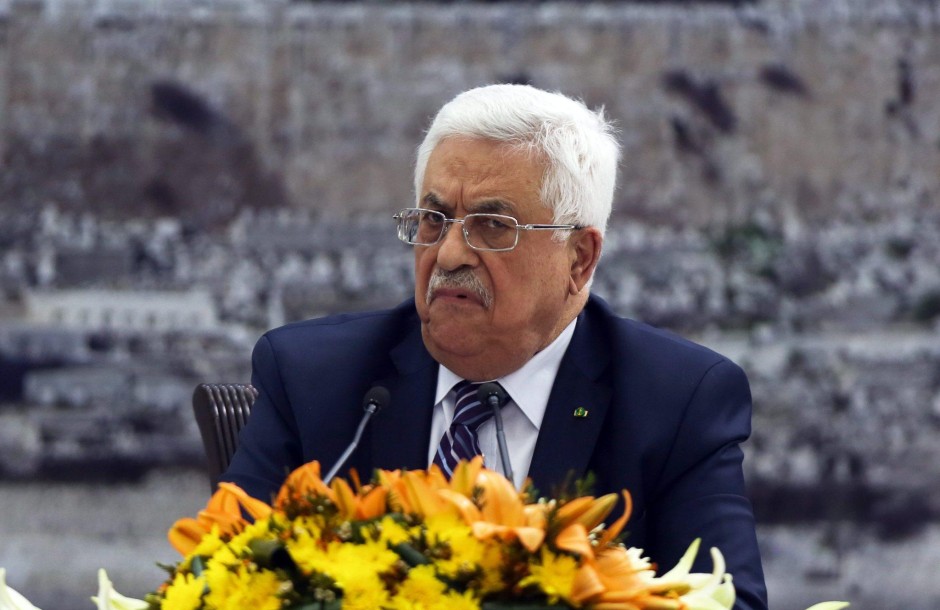Last month, the president of the Palestinian Authority, Mahmoud Abbas, broke important historical ground by describing the Holocaust as “the most heinous crime to have occurred against humanity in the modern era.”

Shortly afterwards, Iranian Foreign Minister Mohammed Javad Zarif declared that he would not permit Iran’s reputation, such as it is, to be sullied by Holocaust denial.
Taken together, these comments may represent a significant leap forward in Palestinian and Iranian attitudes to and thinking about the Holocaust.
Political calculations might have motivated the pair.
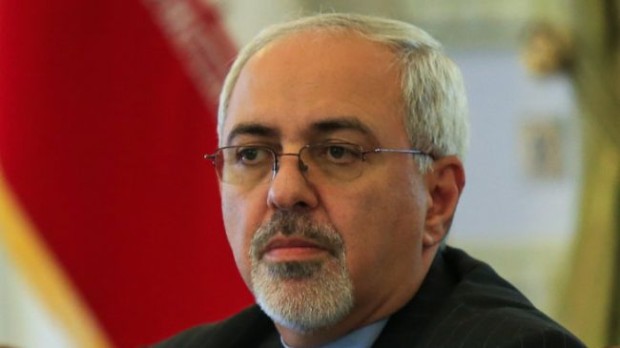
As Zarif admitted, Iran’s new approach, initiated by President Hassan Rouhani shortly after his election last year, has been beneficial. It may have improved Iran’s image abroad, even if only slightly.
Abbas, who once suggested that Zionist officials had inflated the Jewish death toll in the Holocaust, may have been inspired by politics as well.
Rabbi Marc Schneider, the president of a New York-based foundation that fosters relations between Jews and Muslims, reportedly encouraged Abbas t0 come clean on the Holocaust. Yet more than empathy may have been at play here. With the collapse of the Palestinian Authority’s peace talks with Israel, Abbas may have concluded that a thoughtful statement on the Holocaust would represent an opportunity to outflank Israeli Prime Minister Benjamin Netanyahu, who never tires of using the Holocaust to justify certain Israeli policies
Be that as it may, we should applaud this shift in official Palestinian and Iranian circles. It wasn’t too long ago that a sharply opposing narrative was the norm.
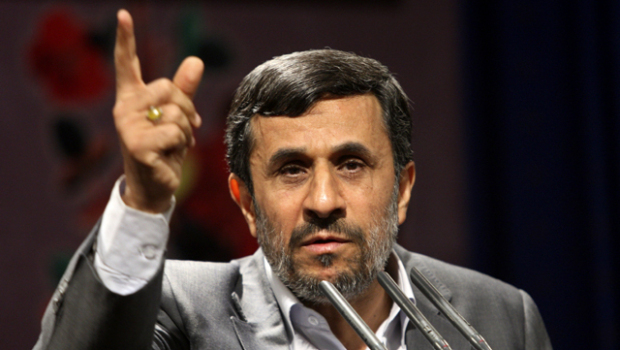
Iran’s former president, Mahmoud Ahmadinejad, was a certified Holocaust denier, having dismissed the Shoah as a “myth.” On this fallacious basis, he invited notorious Holocaust deniers to Tehran for a conference, and belittled the Holocaust as a fictional event.
Abbas, too, skated on thin ice.
In a PhD dissertation later published as a book, he wrote, “It seems that the interest of the Zionist movement … is to inflate this figure (of Holocaust-related deaths) so that their gains will be greater. This led them to emphasize this figure (six million) in order to gain the solidarity of international public opinion with Zionism.”
After becoming prime minister in 2003, Abbas changed his tune, condemning the Holocaust as “a terrible, unforgivable crime against the Jewish nation, a crime against humanity.”
Holocaust denial, however, remains a deep-seated problem among Palestinians and in Iran.
Iran’s supreme leader, Ayatollah Ali Khamenei, still casts doubts on the existence and scale of the Holocaust, despite Rouhani’s refreshing acknowledgement of it.
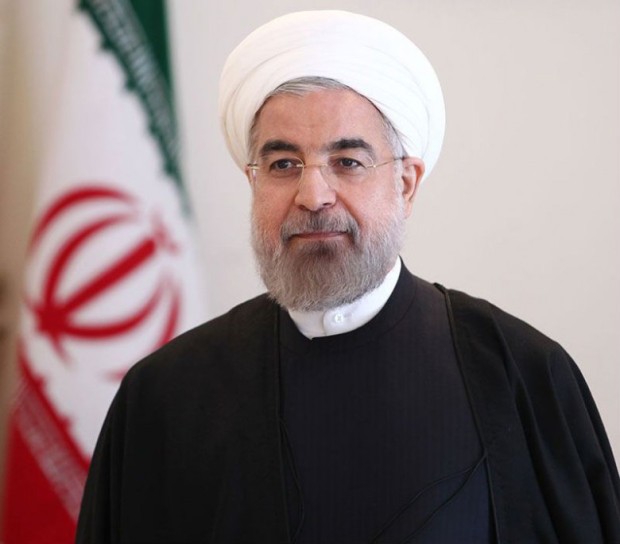
And in the Gaza Strip, fully controlled by Hamas since 2007, Holocaust denial is official policy. Fourteen years ago, following a conference on Holocaust research in Stockholm, a Hamas spokesman called the Holocaust “an alleged and invented story.” In 2011, a senior Hamas official, Mahmoud Zahar, branded the Holocaust as a “lie.” More recently, Hamas rejected a proposal by UNRWA, the United Nations refugee agency, to teach the Holocaust in its schools in Gaza. “We cannot agree to a program that is intended to poison the minds of our children,” a Hamas official said.
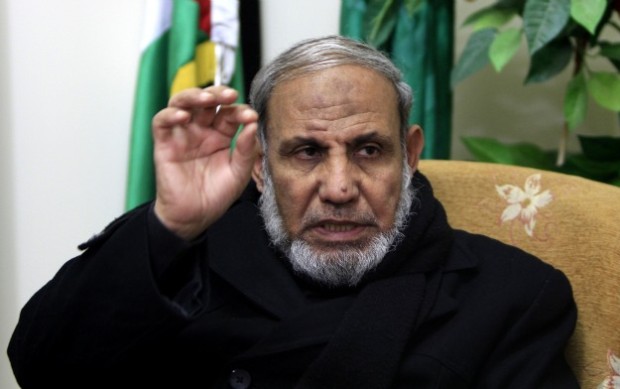
Holocaust denial goes hand in hand with antisemitism. According to a global survey on antisemitism released by the Anti-Defamation League recently, a whopping 93 percent of Palestinians in the West Bank and the Gaza Strip hold anti-Jewish beliefs. In all probability, these noxious beliefs stem from two major sources — the Arab-Israeli conflict and traditional Muslim antisemitism.
These disgusting antisemitic views have reached the shores of North America. Meshwar, an Arabic newspaper distributed in Toronto and edited by Nazih Khatatba, a board member of Palestine House, carried a piece in its May 2 edition in which the author, Ibrahim Alloush, denied the Holocaust.
Alloush, a Jordanian, wrote, “What is the meaning of the Jewish Holocaust and why is it relevant to us? We publish this article at the time the Zionist entity is celebrating the anniversary of the Holohoax, meaning the lie, virtually the biggest lie in history.”
Judging by this calumny, Holocaust denial is still, sadly, prevalent in the Arab and Muslim worlds — notwithstanding Mahmoud Abbas’ and Mohammed Javad Zarif’s path-breaking comments on the subject.
